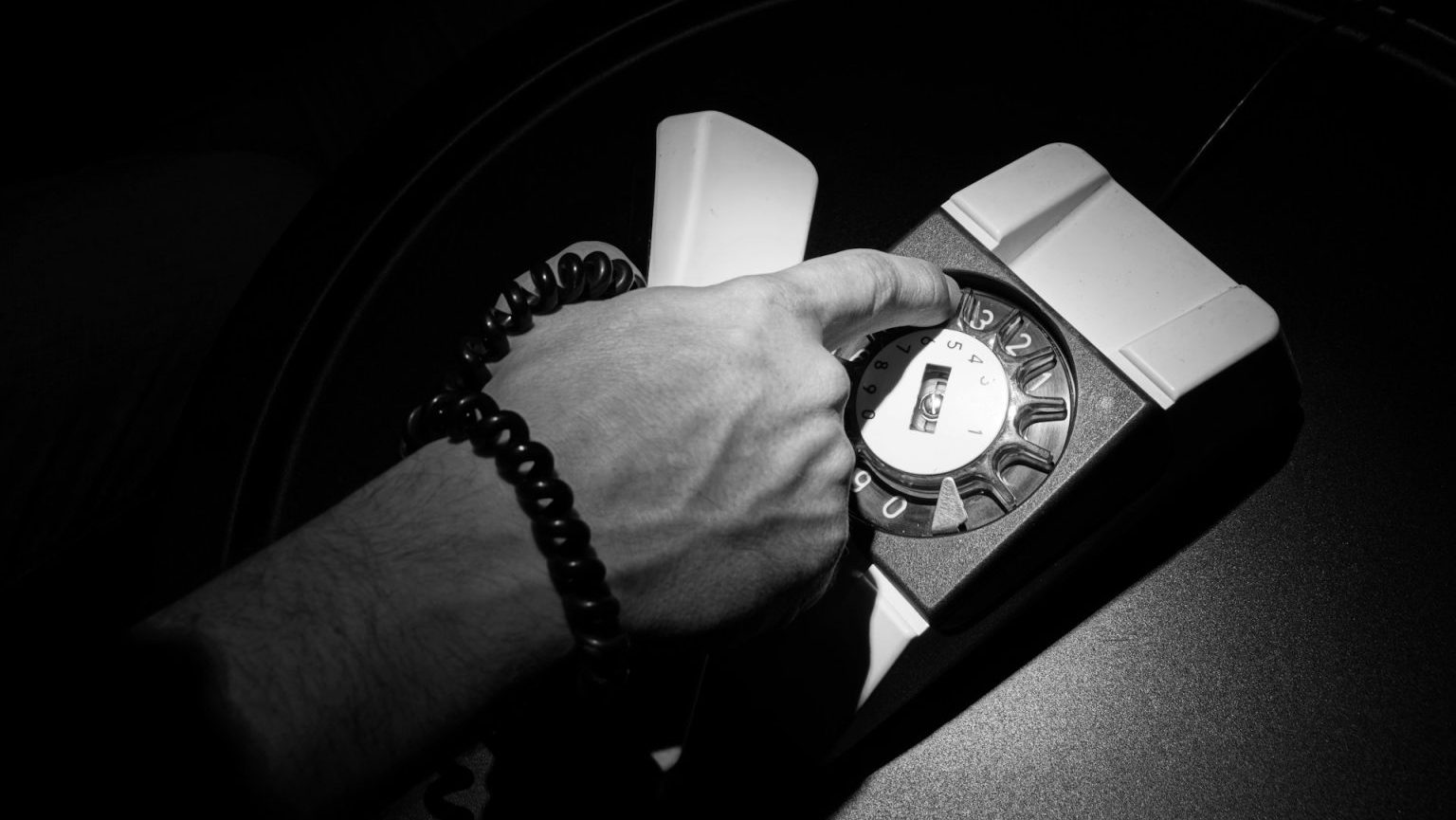The process, what to look for and what to stay away from.
Peter Schaffer: My case would have to be one that would be so controversial or so offensive to the average person that I would think they’d be better off with a judge. It’s very rare. The only time that I can think of doing it is where I’ve had a client where their race was different than the race of all of the jury panel and I felt that and the race of complainant was the same as all of the jury panel and in an exercise of caution I thought my client would do better in front of a judge. Now race isn’t the only consideration. I mean if it’s an offense that- you know,
offenses involving where the child’s an alleged victim and people will bend over backwards to try to protect children, and there may be facts, legal issue that are better decided by a judge, I might consider going in front of a judge. But my experience in front of juries has been very favorable and it would take a lot for me to waive clients. One of the most fundamental rights that someone has being a criminal defendant in the United States is the ability to have a jury decide their fate rather than one individual. So it doesn’t happen often.
Question: What will both a defense attorney and prosecutor look for in a jury?
Peter Schaffer: Well, I haven’t been a prosecutor, but I know they pretty much want to pick the people that I would get rid of and vice-versa. It really depends on the case. I mean you have to make generalizations, but again, it depends the type of case. If it’s a case where there’s police witnesses, I want people that have a lot of experience in the community to know that not everything a police officer says is necessarily a hundred percent true, that they’re going to listen. And I talk to individual jurors and sort of bounce their ideas off other people. I wouldn’t say that there’s categories of people I avoid a hundred percent except for of course law enforcement. I would never seat another lawyer ‘cause they would take over the jury and I don’t think that they’re necessarily great for the defense
unless they’re a defense lawyer and they probably wouldn’t make it too far in the panel anyways. I think the prosecution- I can’t generalize, but I think that they try to find people that would be sort of anti crime but won’t say that, but that they can kind of tell. And I think prosecutors, again, we try to strike those people. Prosecutors try to find people that are different as possible from your client; whereas I might try to find someone that has some common ground with my client.
Question: What is the process of selecting a jury?
Peter Schaffer: Well, it depends in every jurisdiction. In New York, it’s based on the level of the offense. If it’s a misdemeanor and you get a misdemeanor jury, you have three peremptory strikes; in other words, three strikes you can use for any reason except for one that’s, you know, prevented by the constitution. You can’t strike someone because you don’t like their race or you don’t like their sexual orientation or their sex, etcetera. And as the crimes get more serious, the amount of strikes you get goes up. I mean for something like a B felony, which is fairly serious but includes a lot of the cases that would handle drug sales, you get 15 challenges. And those are independent of what are called challenges for cause which if a person for one reason or another can’t be fair, there’s an unlimited amount of challenges you get for that. So jury selection, it’s necessary, but it can be cumbersome, it could take longer than the trial itself, but it’s really the part of the trial that I try to focus on because it doesn’t matter
+
how good your case is, it really depends on who’s listening to it.





